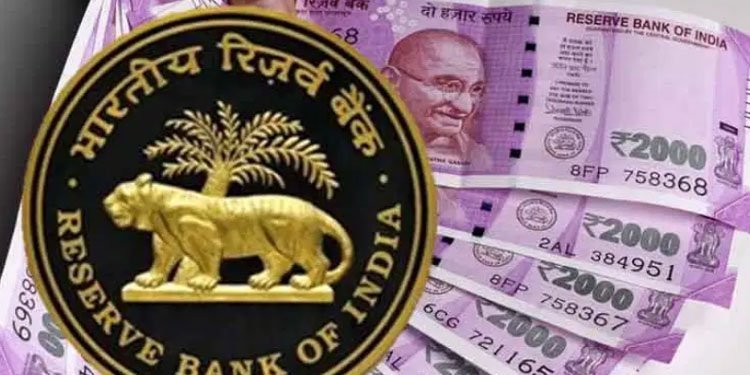RBI Governor Suggests Feasibility Study for Expanding RTGS to Settle Major Trade Currencies
RBI Governor Shaktikanta Das proposes exploring the expansion of RTGS for settling transactions in major global currencies. He also highlights the potential of CBDCs in facilitating cross-border payments and warns of emerging risks to global financial stability.

RBI Governor Suggests Feasibility Study for Expanding RTGS to Settle Major Trade Currencies
Reserve Bank of India (RBI) Governor Shaktikanta Das has proposed exploring the feasibility of expanding the real-time gross settlement system (RTGS) to handle transactions in major global trade currencies, including the US dollar, euro, and British pound. Speaking at an RBI-organized conference in Delhi, Das highlighted the possibility of achieving this through bilateral or multilateral arrangements between countries.
India is among a select group of large economies that operate a 24x7 RTGS system, which allows immediate, final, and irrevocable fund transfers between banks and financial institutions for both customer and inter-bank transactions. Das pointed out that India and several other countries have already begun efforts to link cross-border fast payment systems through bilateral and multilateral collaborations. This expansion is seen as an important step towards integrating global financial markets and enabling quicker, more efficient transactions between countries.
The governor also highlighted the crucial role of remittances for emerging and developing economies, including India, and the potential for reducing both the cost and time involved in cross-border peer-to-peer (P2P) payments. "Remittances are the starting point for many emerging and developing economies, including India, to explore cross-border peer-to-peer payments. We believe there is immense scope to significantly reduce the cost and time for such remittances," Das said.
He also emphasized the potential of Central Bank Digital Currencies (CBDCs) in facilitating efficient cross-border payments. India is one of the few countries that have launched both wholesale and retail CBDCs. The governor highlighted the value-added features of India's CBDC pilot, which include programmability, interoperability with the Unified Payments Interface (UPI), and the development of offline solutions for remote and underserved populations. Moving forward, Das stressed the importance of harmonizing standards and ensuring interoperability of CBDCs for seamless cross-border payments. He also noted that addressing the financial stability concerns related to cryptocurrencies will be critical.
Das raised concerns about the emerging risks to global financial stability, particularly due to diverging global monetary policies. With some economies adopting monetary easing while others tighten or pause, Das warned that volatility in capital flows and exchange rates could disrupt financial stability. He referenced the sharp appreciation of the Japanese yen in August, which led to disruptive reversals in the yen carry trade, causing significant instability in global financial markets.
Additionally, the governor expressed caution regarding the rapid expansion of private credit markets, which have seen limited regulation and have not been stress-tested during economic downturns. He warned that these markets pose a significant risk to financial stability, especially as higher interest rates aimed at controlling inflation have increased debt servicing costs and exacerbated risks to asset quality.
Das also highlighted potential contagion risks in the financial markets, particularly from stretched asset valuations in some regions. Corrections in commercial real estate (CRE) prices could place undue stress on small and medium-sized banks, especially those heavily exposed to this sector. The interconnectedness of CRE, non-bank financial institutions (NBFIs), and the broader banking system further amplifies these risks.
The governor called for continued vigilance in managing financial stability, stressing the need for central banks to be adaptable, proactive, and resilient in navigating emerging challenges and maintaining stable financial systems.
Click Here to Visit
What's Your Reaction?
















